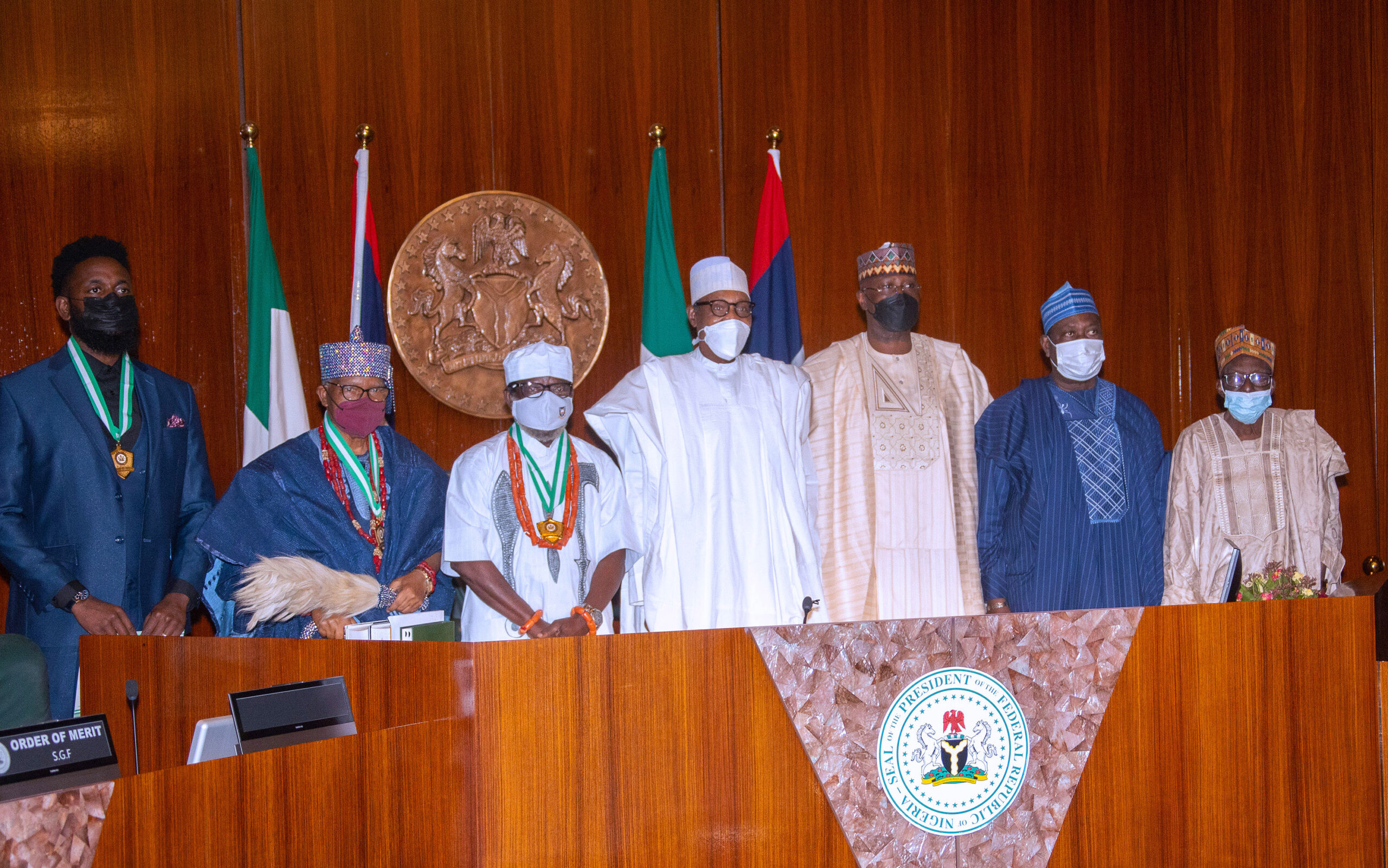The Oracle of Omaha has it to say that price is what we pay, and value is what we get. The growth of the social media all began like mere child’s play with a vision in the mind of the entrepreneurs at different points in time, just like most other things in our world.
However, continuing to push and innovate along the way is just as critical to success as starting. The first electronic message, with a series of electronic dots and dashes tapped out by hand, making use of the telegraph machine, happened on 24 May, 1844 by Samuel Morse from Baltimore to Washington, DC, where he wrote, “What hath God wrought?, epitomizes how it all began. The recent boom has it on record in the public domain that further social media platforms continued in the early 2000s, with the first platform to reach a million monthly active users being MySpace – achieved around 2004. This was the early days of the redefinition of social media as we now know it. The entire social media is all about helping humanity to communicate with others despite imminent space and time challenges. Communication is definitely as old as man, as we all know that a baby starts to make sounds soon as they appear on our planet. We will however focus on platforms that have completely created new cultures and communities connecting continents through the amazing power of the Internet. The top seven (7) performing platforms changing how we lead our lives today include:
- Facebook: Started at Harvard University in 2003 as Facemash, an online service for students to judge the attractiveness of their fellow students that became a new social network with fellow students Saverin, Moskovitz, and Hughes. The foregoing led to TheFacebook.com in February 2004. The launch in 2004 has led to the acquisition of several companies, and current headquarters in Menlo Park, CA. It has over9 billion monthly active users according to backlinko.com and $115.966 billion in revenue in 2021. In order to build this empire with 94 companies in its acquisition, Facebook has raised $16.1 billion in funding over 16 rounds pre-IPO and at IPO it raised $18.4 billion at a $38.00 IPO share price and $104 billion valuation at IPO. The big question I will like to push forward is, how does one grow a platform till it’s valued at such an astronomical number at its initial public offering? Interesting to say that they sure understand human behavior, especially how to keep customers hooked to their pie. Also, quite impressive to know that today, it is still very relevant to how we live our lives as it continues to provide a platform for us to express ourselves and do our businesses almost seamlessly across different countries.
- Youtube: Began as an angel-funded enterprise working from a makeshift office in a garage. In November 2005, venture firm Sequoia Capital invested an initial $3.5 million, and Roelof Botha (a partner of the firm and former CFO of PayPal) joined the YouTube board of directors. They immediately started operations in 2005 and have gone on to change how we consume and share videos. Today, the have their headquarters in San Bruno, California, and posted$28.8 billion in adverts revenue and over 2 billion monthly active users for 2021. Youtube is a video streaming and on-demand platform that has revolutionize how we connect realtime with large gatherings of people (via a livestream). Every human can now own their television channel for free hinging on the infrastructure created and sustained by Youtube, while the company can advertise as people get glued to their favorite content. To achieve this notable feat, the promoters being Google, have raised $36.1 million in 4 funding rounds up until June 1, 2000 before their IPO on Aug 19, 2004 with total money raised at IPO being $1.7 billion at an $85.00 per IPO share and a valuation at IPO of $23.1 billion. Good business thinking requires funding for execution, and it is obvious that infrastructures are built by smart entrepreneurs. In addition, to this date, Google has done 250 acquisitions and 40 exits. Imagine what this does to a multinational corporation that specializes in Internet-related services and products. The Japanese have it to say that, Good thinking is good product, which informs why entrepreneurs need to really nurture and drive big enough dreams, knowing fully well that raising money remains a continuing part of that experience.
- WhatsApp: It started as an alternative to SMS, with product that now supports sending and receiving a variety of media such as text, photos, videos, documents, and location, as well as voice calls. Very personal moments are shared with WhatsApp, hence it’s built with end-to-end encryption. It commenced operations in 2009, and is currently owned by the promoters of Facebook (now Meta). WhatsApp has grown into over 2 billion monthly active users and $5 billion generated in 2021 revenue. It is available in 180 countries, and in more than 40 languages for iOS users and up to 60 for Android. In over 3 rounds, WhatsApp (a proprietary, cross-platform, free instant messaging platform for smartphones) raised over $60.3 million with the latest being on July 1, 2013 from a Series B round. For its owners, Meta, whatsApp has contributed immensely to making the Facebook application as relevant as it is today. It is a one-of-a-kind mobile app with a good hook on its users for lifestyle and business usage and spin-off extensions going into several spaces seamlessly with artificial intelligence and robotics. Funny how the creators (United States) are not even present on the top 10 consumers of this service, which are Kenya, South Africa, Nigeria, Argentina, Malaysia, Colombia, Brazil, Turkey, Spain and Indonesia. What should be the next big thing in the technology space and how can we be positioning to improve the human experience across different platforms and countries?
- Instagram: It began development in San Francisco as Burbn, a mobile check-in app created by Kevin Systrom and Mike Krieger. They saw that Burbn was too similar to Foursquare, hence, Systrom and Krieger refocused their app on photo-sharing, which at that time had become a popular feature among Burbn users. As one of the most patronized social media apps, Instagram did $24 billion (according to https://www.businessofapps.com/data/instagram-statistics) in 2020 and 1.2 billion in monthly average usage. It is also owned by Meta and commenced operations on 6 October 2010. It is a photo and short video sharing social platform, founded by software engineer Michel Krieger and computer programmer and former Google-employee Kevin Systrom. Partnership command amazing result no-doubt, as we see that it has continued to onboard more partners to build the brand into what it currently represents. Indeed, individuals win medals while teams win trophies, as we observe all four platforms above mentioned continue to build through amazing people teams. Yes, people leadership and resources management are at the center of great industry.
- TikTok: By mid-2017, the Musical.ly app had over 200 million users. However, in 2016, Chinese app developer ByteDance created an app named Douyin, a rival to Musical.ly. Launched initially only in China, the app was renamed and rebranded to TikTok for better international appeal. It begin in 2016 and with its headquarters in Shanghai, China, and owner ByteDance (an internet technology company that operates creative content platforms) with revenue growth of 70% year on year in 2021 to about $58 billion, as reported by Reuters. The promoters have raised a total of $9.4 billion in funding over 12 rounds, with latest funding raised on 11 December 2020 from a private equity round. All organizations and governments need to raise money, and effective communication is critical to the success of this venture, which is a technical call to be a part of something great happening to humanity. What all the foregoing are pointing us to is that creativity will continuously derive from existing solutions, while trying to meet new or existing needs in simpler and more appealing or friendly ways.
- Snapchat: Brown and Spiegel brought in Bobby Murphy, who had coding experience. The three worked together for several months and launched Snapchat as “Picaboo” on the iOS operating system on July 8, 2011. What started among three friends has gone on to become a runaway bestseller. It is currently headquartered in Pacific Palisades, California as Snapchat remains one of the most popular social networking apps in developed regions such as North America and Europe with 433 million monthly active users and a revenue increase of 64% to $4.1 billion in 2021, compared to the prior year. What makes it such a unique app is that whether it’s a video or a picture, Snapchat allows its users to customize their contenthowever they please within the app. It raised a total of $60 million in funding over 2 rounds with latest funding raised on 26 May 2016 from a Series F round and had done 3 acquisitions in its earlier startup phase.
- Twitter: Its origins reside in a “daylong brainstorming session” held by board members of the podcasting company, Odeo. Jack Dorsey, then an undergraduate student at New York University, introduced the idea of an individual using an SMS service to communicate with a small group. It began operation in 2006, and what makes the Twitter experience unique is that it provides its users the opportunity to discover what’s happening in the world. Tweets are indeed short messages shared with a group of followers, and have a super short lifespan, gulping in a whooping annual revenue of 3.72 billion U.S. dollars in 2020 for its promoters.
I close with Warren Buffet, who has this to say, that someone is sitting in the shade today because someone planted a tree a long time ago. These seven amazing platforms have risen out from the minds of people like you and me. Today, they are a masterful phenomena revolutionizing how we communicate as they have continued to redefine culture. Funding is an essential part of it all, and platform thinking is critical to sustaining the repeat customer visit power. We must ensure that customers like how we make them feel special, as they stay hooked to the entire rewarding experience year on year.
I am open to deliberate conversations on startup thinking geared towards global dominance. We can connect and chat as you mail me through: [email protected]
Advertisement
Add a comment






